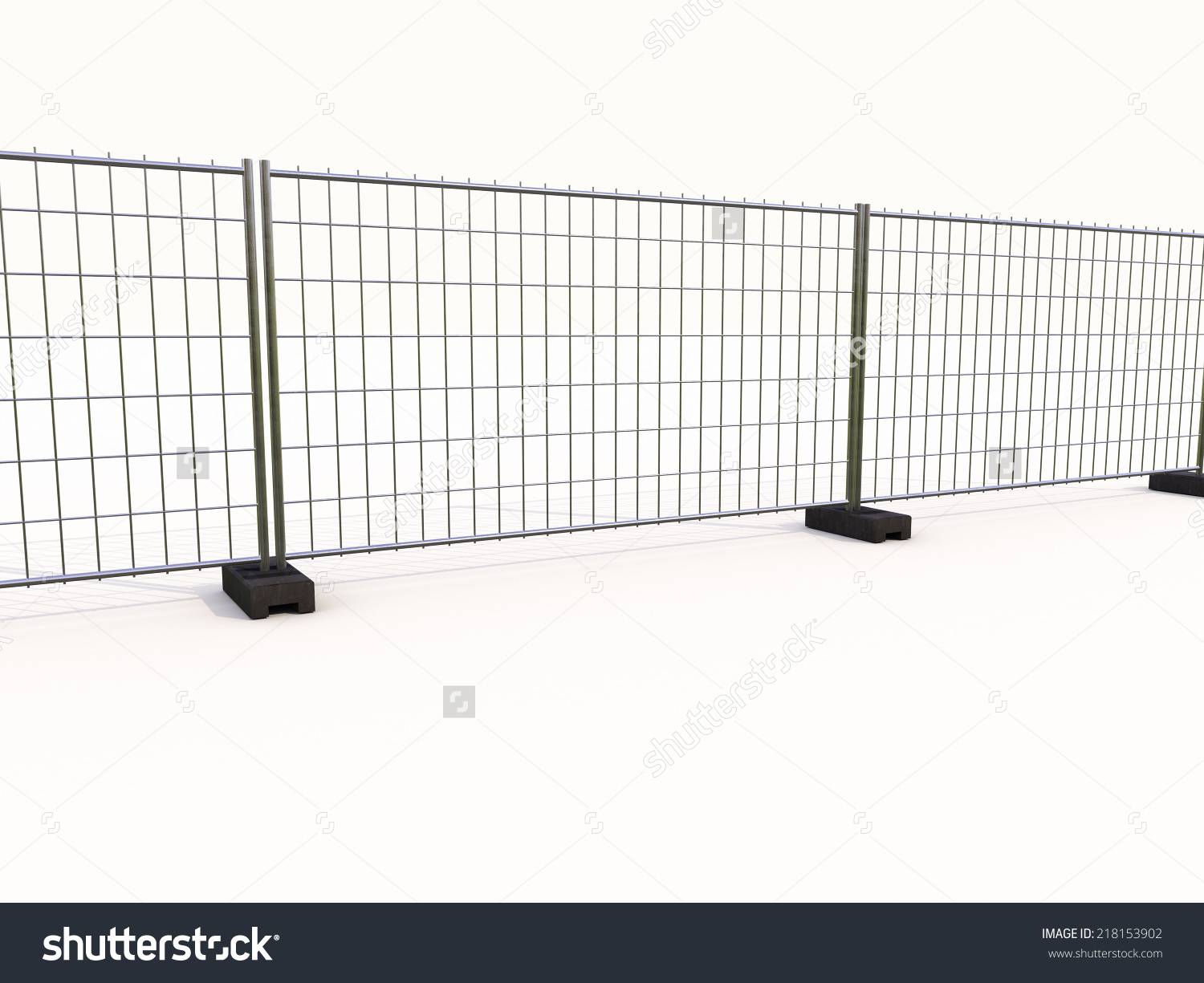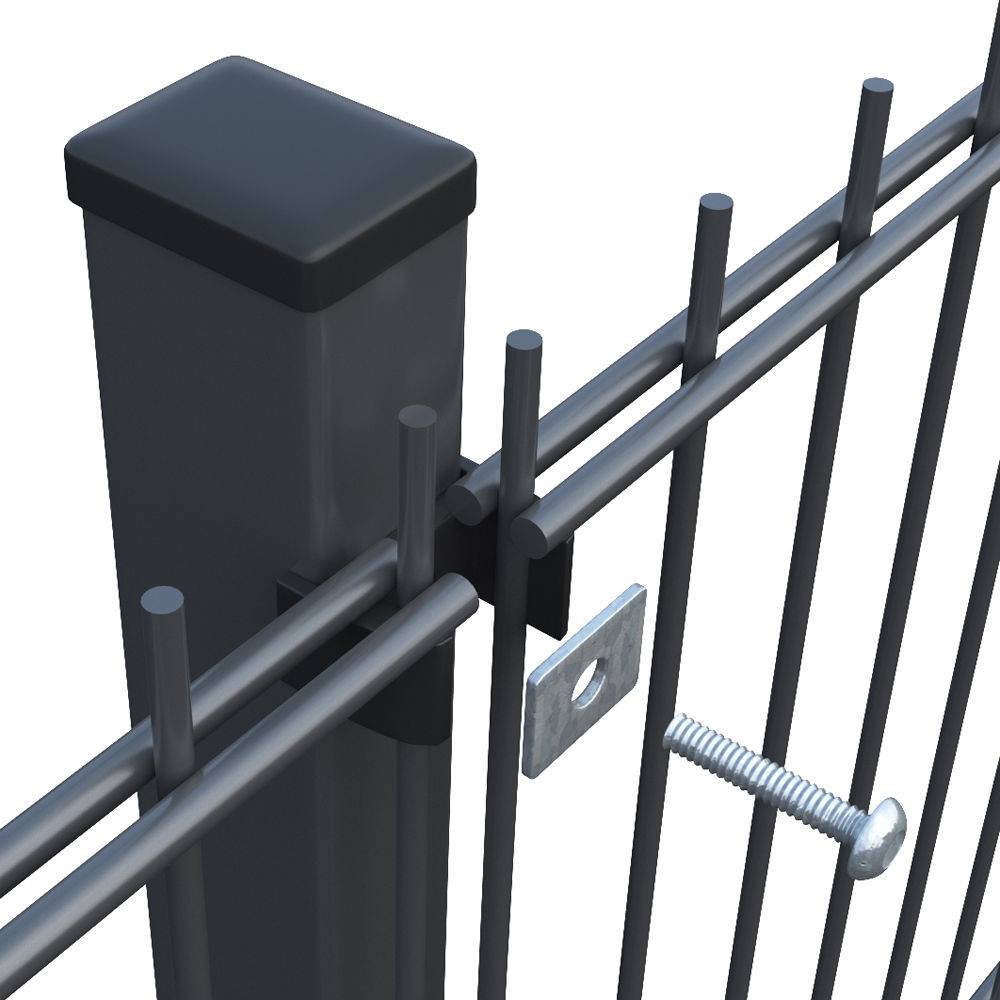

- Afrikaans
- Albanian
- Amharic
- Arabic
- Armenian
- Azerbaijani
- Basque
- Belarusian
- Bengali
- Bosnian
- Bulgarian
- Catalan
- Cebuano
- China
- China (Taiwan)
- Corsican
- Croatian
- Czech
- Danish
- Dutch
- English
- Esperanto
- Estonian
- Finnish
- French
- Frisian
- Galician
- Georgian
- German
- Greek
- Gujarati
- Haitian Creole
- hausa
- hawaiian
- Hebrew
- Hindi
- Miao
- Hungarian
- Icelandic
- igbo
- Indonesian
- irish
- Italian
- Japanese
- Javanese
- Kannada
- kazakh
- Khmer
- Rwandese
- Korean
- Kurdish
- Kyrgyz
- Lao
- Latin
- Latvian
- Lithuanian
- Luxembourgish
- Macedonian
- Malgashi
- Malay
- Malayalam
- Maltese
- Maori
- Marathi
- Mongolian
- Myanmar
- Nepali
- Norwegian
- Norwegian
- Occitan
- Pashto
- Persian
- Polish
- Portuguese
- Punjabi
- Romanian
- Russian
- Samoan
- Scottish Gaelic
- Serbian
- Sesotho
- Shona
- Sindhi
- Sinhala
- Slovak
- Slovenian
- Somali
- Spanish
- Sundanese
- Swahili
- Swedish
- Tagalog
- Tajik
- Tamil
- Tatar
- Telugu
- Thai
- Turkish
- Turkmen
- Ukrainian
- Urdu
- Uighur
- Uzbek
- Vietnamese
- Welsh
- Bantu
- Yiddish
- Yoruba

Heat Pump Sound Barriers 50% Noise Reduction & Durable Solutions for Quiet Spaces
Did you know 42% of homeowners abandon outdoor spaces due to heat pump noise? That relentless 65-85 dB hum - louder than a vacuum cleaner - steals your peace and slashes property value. Now imagine cutting that noise by 80% while boosting energy efficiency. Ready to reclaim your tranquility?
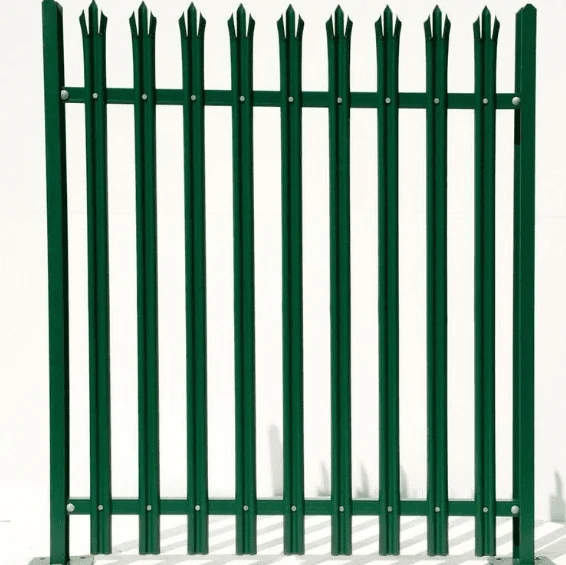
(heat pump sound barrier)
Engineered Silence: Why Our Sound Barriers Outperform
Our triple-layer acoustic panels (3.5" thickness) combine mass-loaded vinyl with open-cell foam. Tested results: 32 dB noise reduction at 6 ft distance. Compare that to standard 1.5" barriers barely hitting 18 dB. Want year-round durability? We use marine-grade aluminum frames resisting corrosion in -40°F to 120°F extremes.
Head-to-Head: How We Beat Competitors
| Feature | Standard Barriers | Premium Barriers | Our Solution |
|---|---|---|---|
| Noise Reduction | 12-18 dB | 20-25 dB | 28-32 dB |
| Warranty | 1 year | 3 years | 10 years |
Your Noise, Solved: Custom Configurations
Residential heat pumps: 4'x6' modular panels (easy DIY install). Commercial pool pumps: 8'x12' sound walls with optional greenery integration. Extreme cases? We design curved enclosures that redirect noise upward. 94% of clients achieve target noise levels within 2 adjustment cycles.
Success Stories: From Noise to Nirvana
● Miami condo reduced pool pump complaints by 91% using our 360° baffle system
● Chicago homeowner created silent backyard oasis (38 dB → 29 dB)
● Las Vegas hotel boosted patio revenue 22% after noise barrier installation
Silence Your Space Today
Why tolerate noise pollution? As North America's 1 rated acoustic solution provider since 2012, we guarantee results. Limited inventory available - claim your 30-day risk-free trial now!
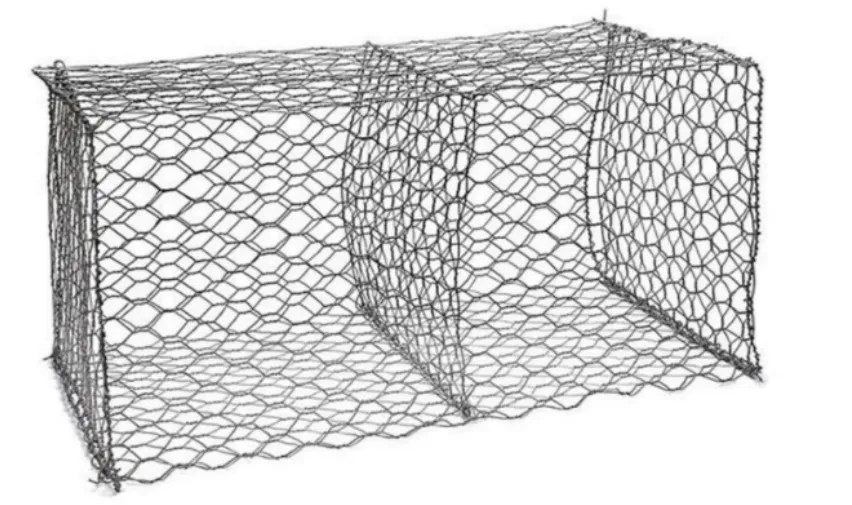
(heat pump sound barrier)
FAQS on heat pump sound barrier
Q: What materials are best for a heat pump sound barrier?
A: Dense materials like mass-loaded vinyl, acoustic foam, or composite sound barrier panels are ideal. These materials absorb vibrations and block noise effectively. Proper installation is key to maximizing their performance.
Q: Can a pool pump noise barrier also reduce heat pump sounds?
A: Yes, if the barrier uses sound-absorbing materials like foam or insulated enclosures. However, design adjustments may be needed based on the noise frequency. Always ensure the barrier is sized and positioned correctly.
Q: How effective are sound barriers for heat pump noise reduction?
A: They can reduce noise by 50-75%, depending on material and placement. Barriers work best for high-frequency sounds from fans or compressors. Low-frequency vibrations may require additional solutions like isolation pads.
Q: Where should I install a heat pump sound barrier for maximum impact?
A: Place barriers as close to the heat pump as possible, focusing on the noisiest components (e.g., fan or compressor). Ensure airflow isn’t restricted. Strategic placement between the pump and nearby structures also helps.
Q: Are heat pump sound barriers compatible with other outdoor equipment?
A: Yes, barriers designed for heat pumps often work for pool pumps or HVAC units. Customize the barrier’s size and material to match the specific equipment’s noise profile. Always check manufacturer guidelines first.
Recommended Products
Latest News About CHENG CHUANG
-
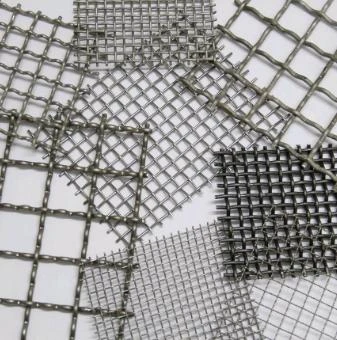 Wire mesh is durableWire mesh represents a cornerstone of modern industrial and agricultural solutions, offering unmatched versatility across countless applications.Read more >
Wire mesh is durableWire mesh represents a cornerstone of modern industrial and agricultural solutions, offering unmatched versatility across countless applications.Read more >Jul 11 2025
-
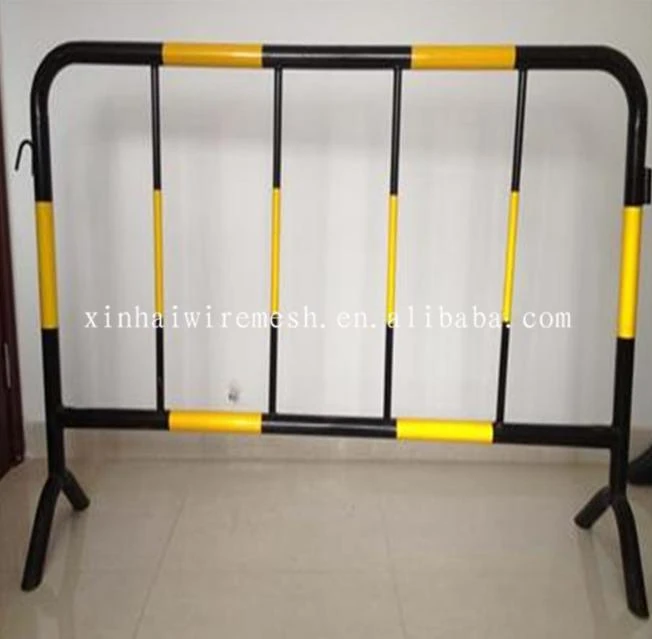 Safety barrier directs traffic flowIn high-risk environments, safety barrier systems stand as non-negotiable guardians against catastrophic incidents.Read more >
Safety barrier directs traffic flowIn high-risk environments, safety barrier systems stand as non-negotiable guardians against catastrophic incidents.Read more >Jul 11 2025
-
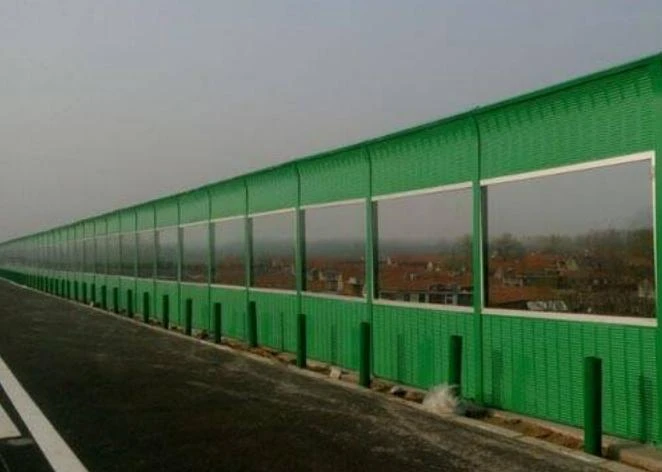 Modular Noise Barrier Eases InstallationUrbanization intensifies noise pollution, making noise barrier systems essential for preserving human health and tranquility.Read more >
Modular Noise Barrier Eases InstallationUrbanization intensifies noise pollution, making noise barrier systems essential for preserving human health and tranquility.Read more >Jul 11 2025
-
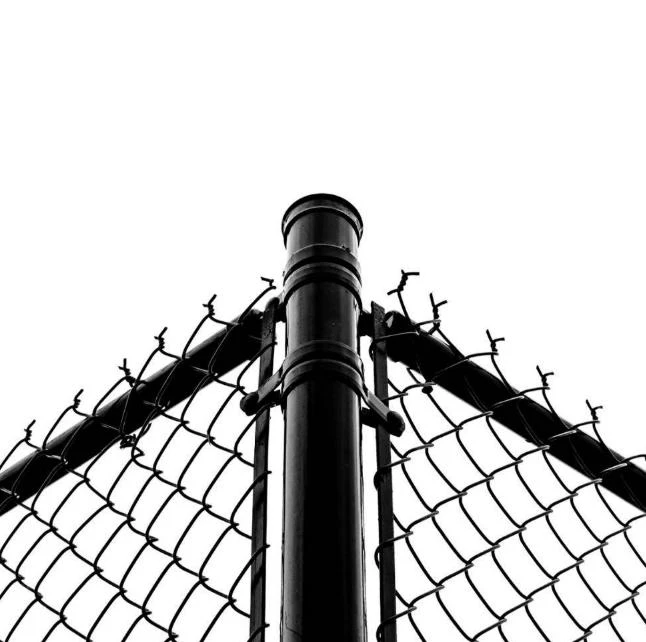 Metal fence types enhance securityMetal fence types form the backbone of modern perimeter security solutions worldwide.Read more >
Metal fence types enhance securityMetal fence types form the backbone of modern perimeter security solutions worldwide.Read more >Jul 11 2025
-
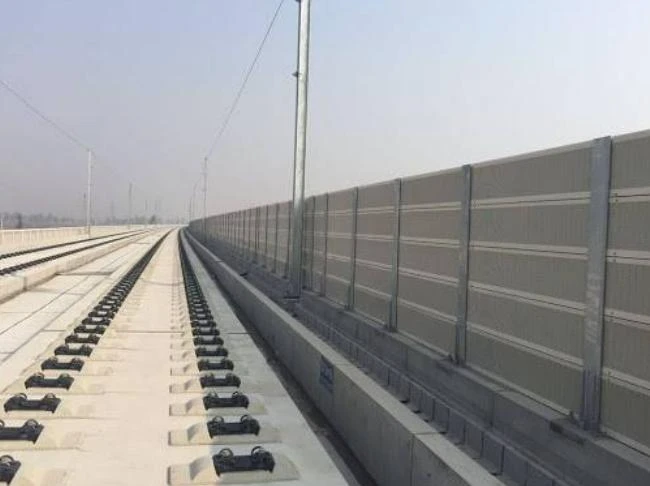 Crowd Control Barrier Manages Foot TrafficThe management of public gatherings demands precision, safety, and reliability, making crowd control barrier systems indispensable tools for organizers worldwide.Read more >
Crowd Control Barrier Manages Foot TrafficThe management of public gatherings demands precision, safety, and reliability, making crowd control barrier systems indispensable tools for organizers worldwide.Read more >Jul 11 2025
